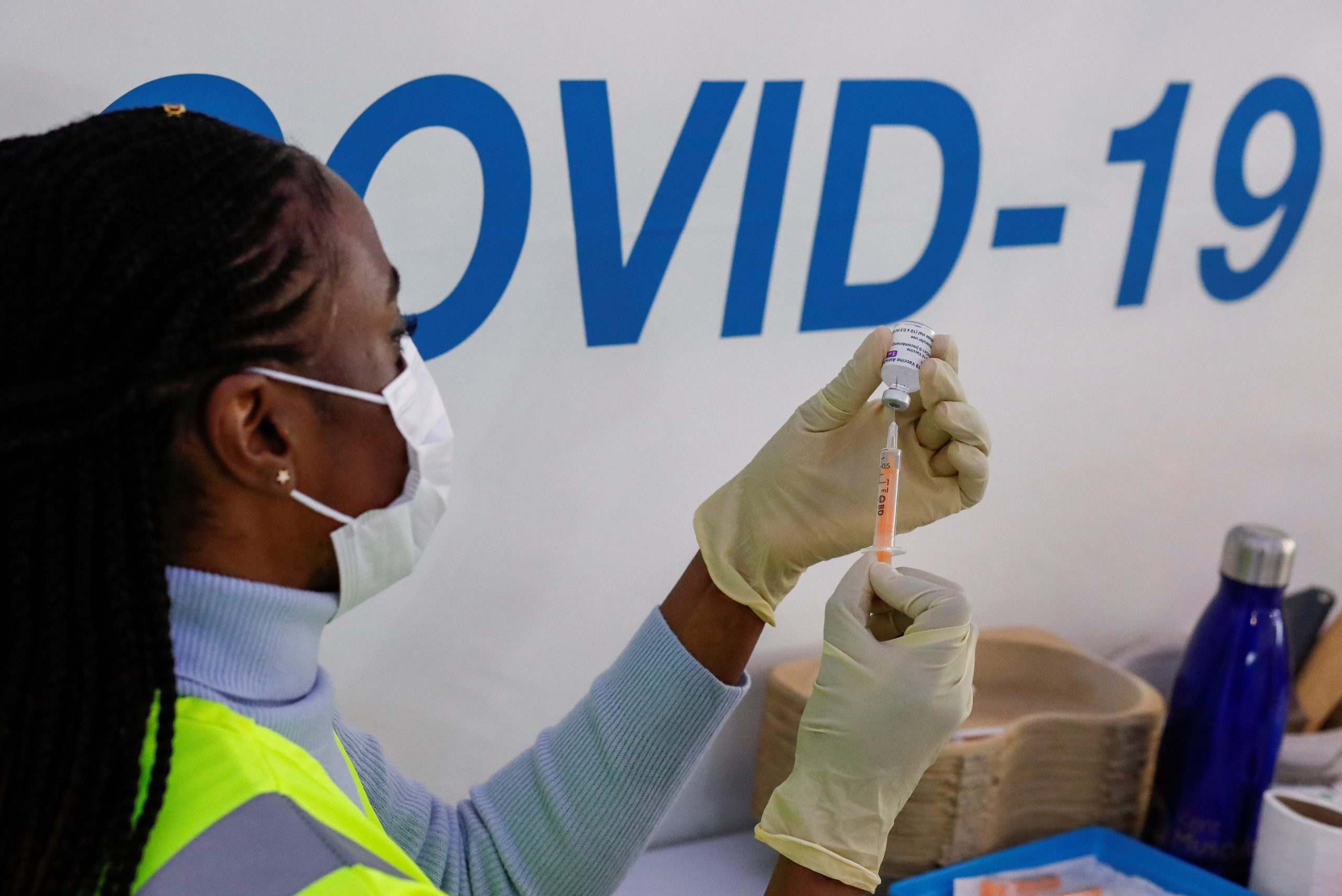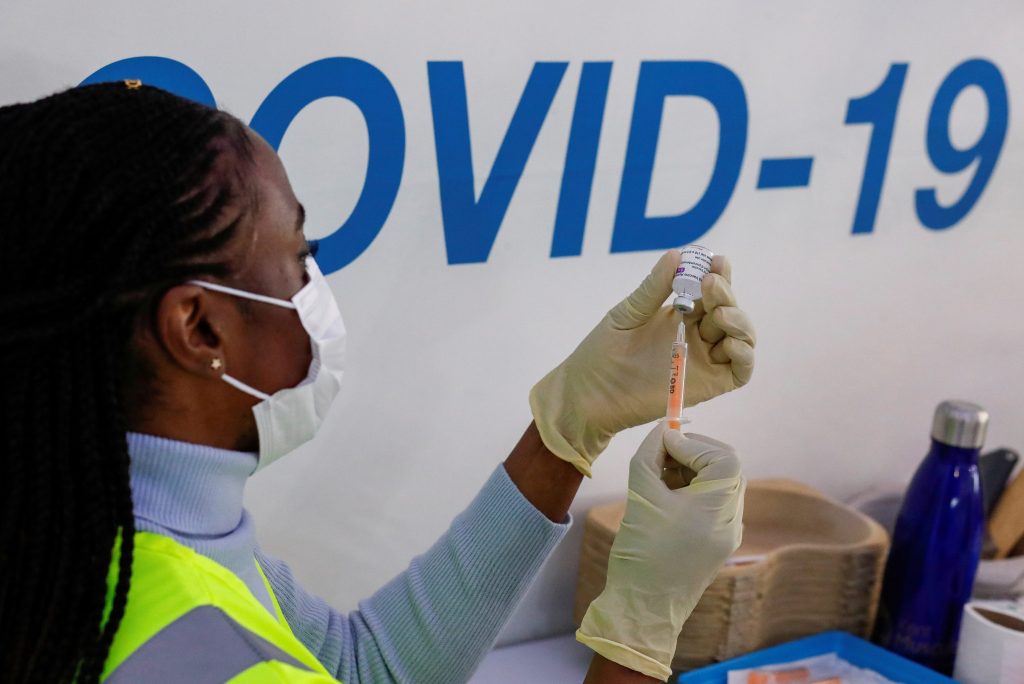
Reuters
- A US federal appeals court temporarily halted President Biden's COVID-19 vaccine mandate.
- The court stay freezes the requirement that all businesses with at least 100 employees require vaccination or weekly testing.
- When Biden announced the vaccine order in September, it immediately drew criticism from Republicans.
A US federal appeals court on Saturday froze President Joe Biden's mandate that all businesses with at least 100 employees require COVID-19 vaccinations or weekly testing.
There are potentially "grave statutory and constitutional" issues at play with Biden's mandate, a ruling from the New Orleans-based US Court of Appeals for the Fifth Circuit says.
The panel of judges stated that "the Mandate is hereby STAYED pending further action by this court."
Biden's mandate was originally expected to take effect January 4.
The court gave the government until Monday at 5 p.m. to respond to the plaintiffs' motion for a permanent injunction.
Texas, Louisiana, Mississippi, South Carolina, and Utah are among the plaintiffs contesting the legality of the federal vaccination mandate, which has created an uproar among Republican politicians across the country, with more than half of all US states filing or joining lawsuits in opposition.
The rule from the federal government stipulated that employers with over 100 workers had to require vaccination against the coronavirus or conduct weekly testing, which would affect about 80 million Americans. The broader mandate would also affect about 17 million healthcare workers who are employed by hospitals that accept Medicare and Medicaid reimbursement, along with federal employees and contractors.
"This mandate is unconstitutional, unlawful, and unwise," said a lawsuit filed by Missouri and 10 other states in the US Court of Appeals for the Eight Circuit.
This story is developing. Please check back for updates.
